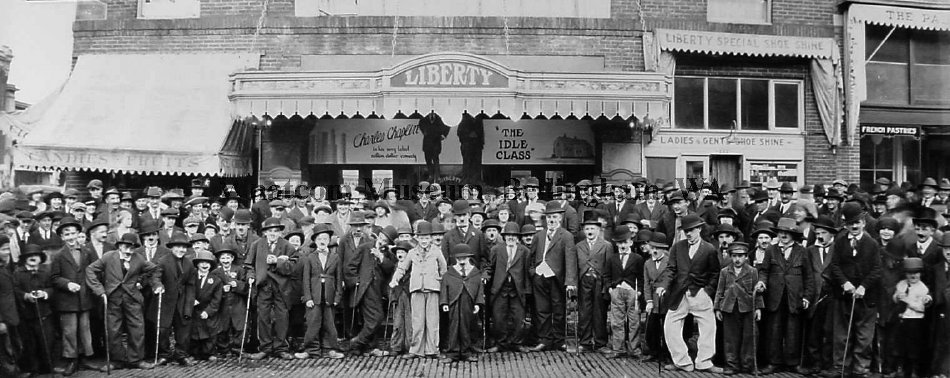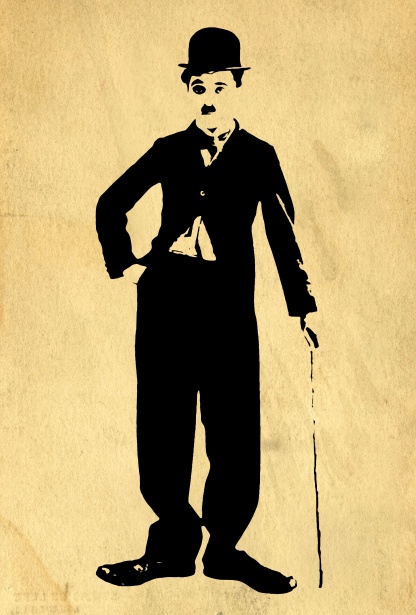Did you know that in the 1920s, the famed comedian, actor, and director Charlie Chaplin came in twentieth in a Chaplin look-a-like contest? Talk about imposter syndrome!
What did poor Charlie think when he couldn’t even be pick as the real Chaplin?
Imposter Syndrome
I have been thinking about imposter syndrome lately because it comes up often from some coaching work I have been doing with a few clients. Some of the individuals are young and inexperienced, so that’s not surprising.
But, finding folks in their 50’s with this fear wasn’t what I expected.
What’s exactly is imposter’s syndrome?
Imposter syndrome is loosely defined as doubting your abilities and feeling like a fraud. It disproportionately affects high-achieving people, who find it difficult to accept their accomplishments—many questions whether they deserve accolades.
Expert on the subject, Dr. Valerie Young, has categorized it into subgroups: the Perfectionist, the Superwoman/man, the Natural Genius, the Soloist, and the Expert. In her book, The Secret Thoughts of Successful Women: Why Capable People Suffer From the Imposter Syndrome and How to Thrive despite It, Dr. Young builds on decades of research studying fraudulent feelings among high achievers.
- Perfectionists set such high and mostly unattainable goals that they end up satisfied and often feel inadequate.
- The Superwoman/Superman is someone who tries to outwork others. They feel they need to get validation from working – not the work itself.
- The Natural Genius gets frustrated if they can’t do it perfectly the first time. They feel shame if they can’t get something done right without effort.
- The Soloist feels that asking for help reveals their phoniness. They will either do it alone or not at all.
- The Expert believes they know it all. They are constantly seeking certification and social proof of knowledge from degrees.
Feeling like an Imposter?
Coaches and mentors can play an essential role in helping you sort through your feelings of inadequacy. They can help you see your competencies and skills without it being framed by what’s missing. In my career, I have worked with several great human resource leaders like Anne and Bob who have helped me overcome my feelings of inadequacy at various stages in my career.
Dr. Young’s book is worth reading if you are suffering from feeling like a fraud at work. Better yet, there are many executive coaches who I can recommend who can help you work through these issues.
Think you are experiencing imposter syndrome? Imagine how poor Charlie felt when he couldn’t convince people it was him in the contest?





